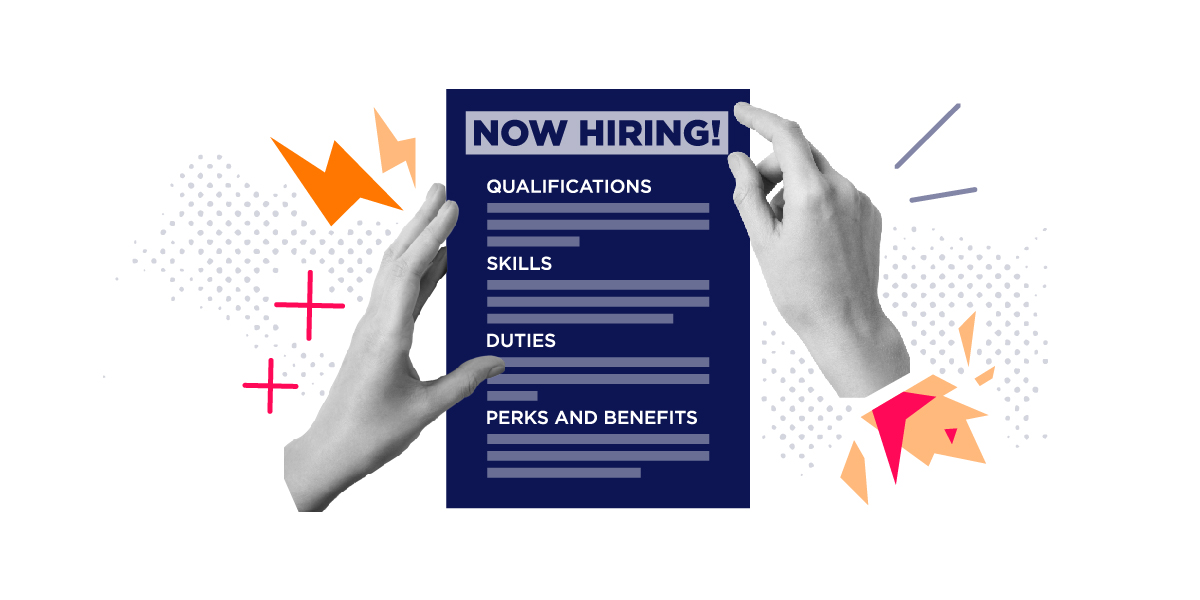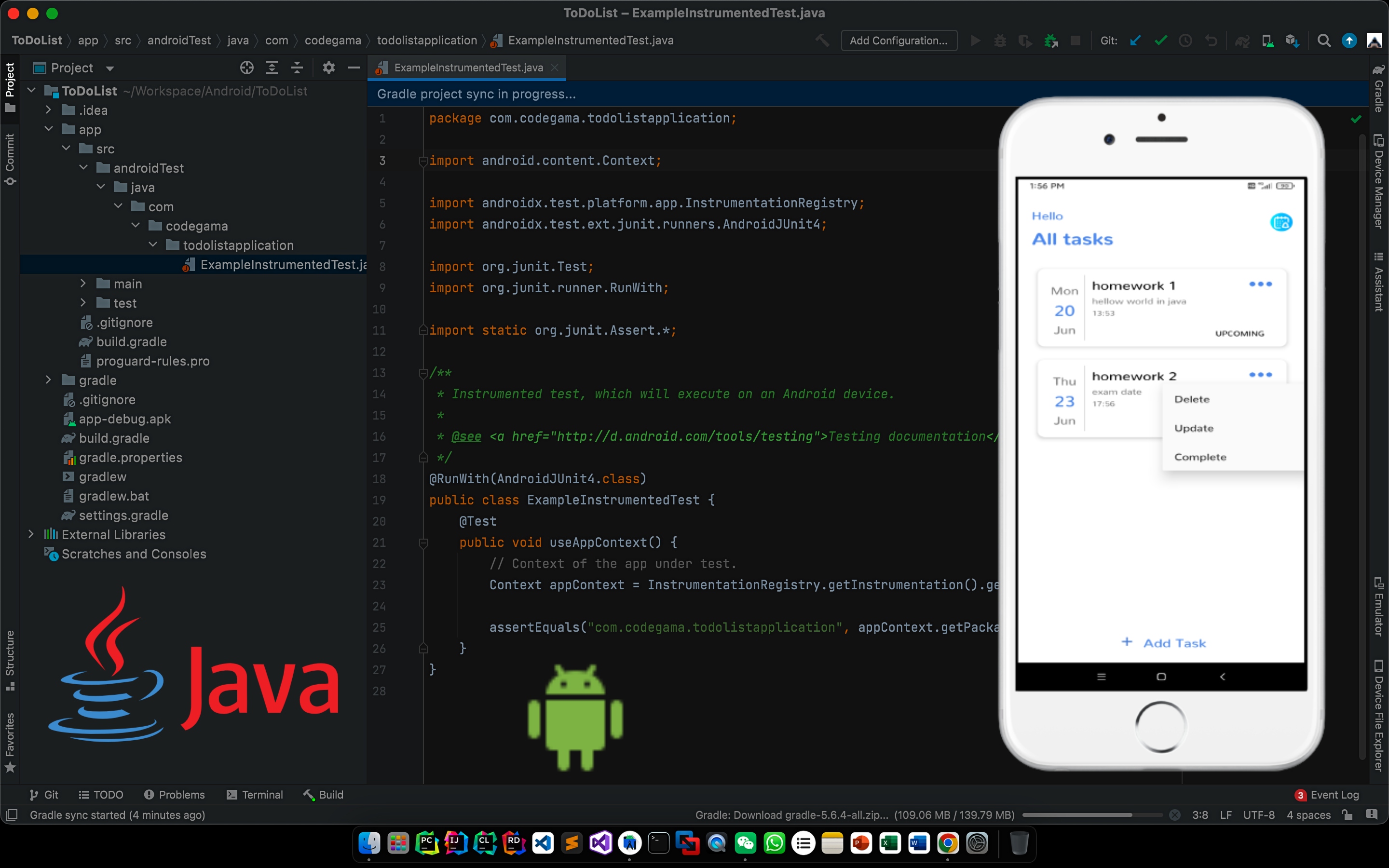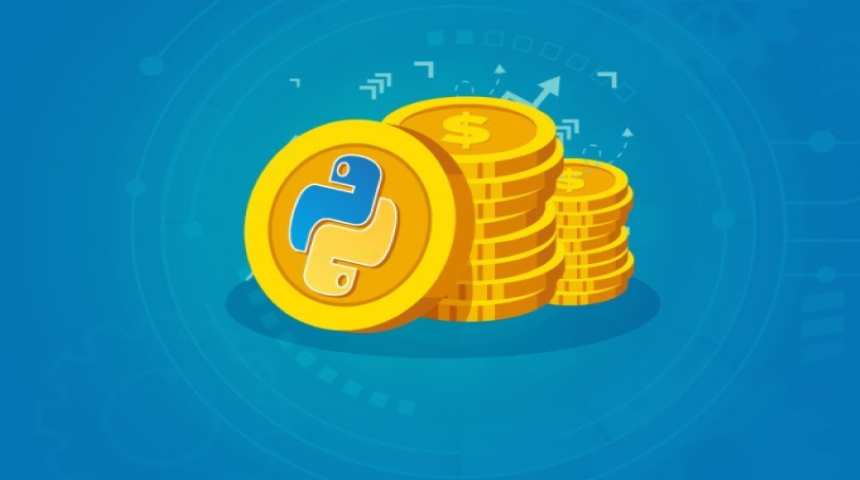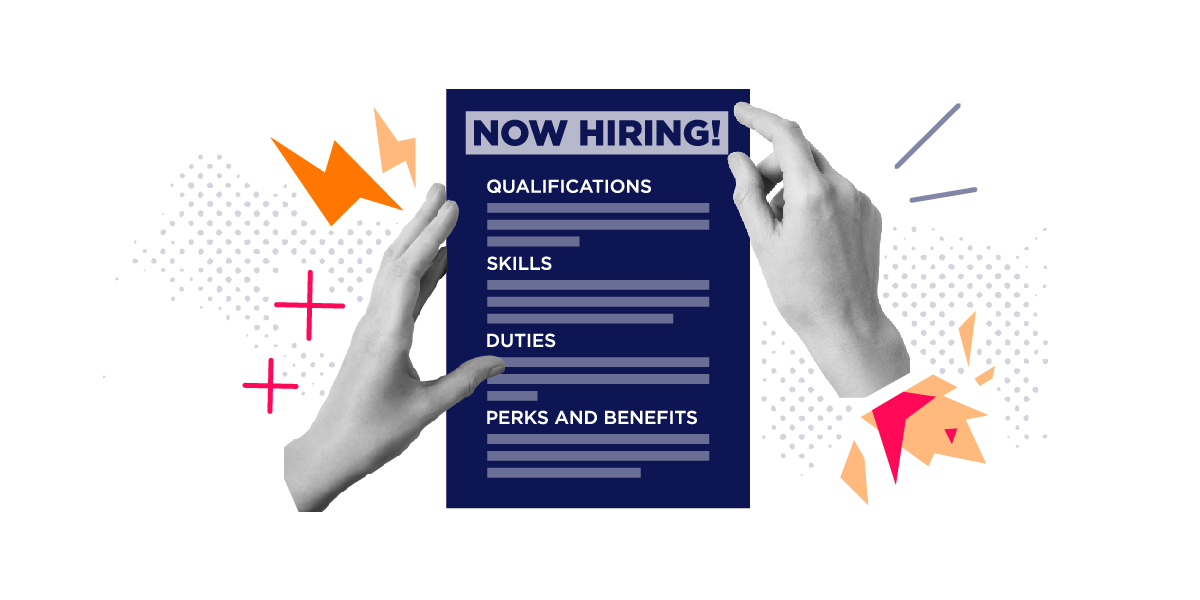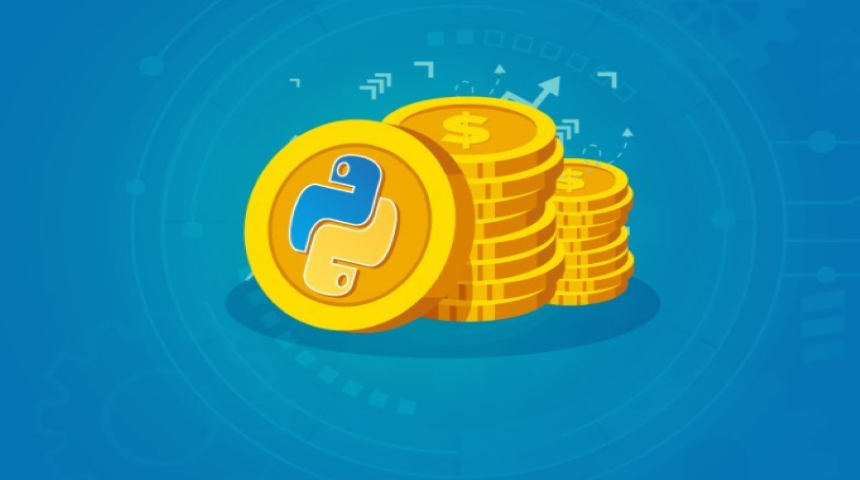Tips to Crack Any Coding Interview
Whether you’re looking for your first job as a software engineer or trying to advance your career by switching fields, a coding interview can feel like a roadblock. A well-known study by Harvard and MIT researchers found that the technical interview is the single biggest predictor of performance in new job candidates. So, if you are trying to break into this field, having strong technical skills is essential. However, many people find coding interviews challenging because they’re not used to being asked such tricky questions. But don’t panic! We’ve got your back.
Newer companies like Zoom, ZoomCare, and InVision have created interview processes that focus less on theoretical knowledge and more on evaluating technical skills. Now more than ever, tech firms of all sizes are using coding interviews to evaluate potential new hires in software engineering roles. These coding interviews may seem intimidating at first glance, but they aren’t impossible if you practice. Read on to learn how to get ready for your next coding interview by honing your technical skills and boosting your confidence.
1. Prepare for a coding interview by practicing

The best way to get ready for a coding interview is to practice with a lot of problems. This will allow you to build your confidence in your technical abilities while also exposing you to a variety of questions. Ideally, you should practice with problems that are as close to real interview questions as possible. This will allow you to get in the right “mindset” so that you don’t freeze up when you’re actually in the interview. You can find plenty of coding interview practice problems online.
However, make sure to check the language of the problems. Most interview problems are in either C or Java. But once you’re comfortable with those, try out a few other languages as well. Different companies have different preferences when it comes to coding languages, so you don’t want to be caught off-guard by a problem that’s in a language you’re not familiar with.
2. Learn the basics of computer science

You might be surprised to hear that you don’t actually need to know every single detail of computer science to ace a coding interview. However, it’s still important to have a general understanding of the field in order to approach problems more easily. Knowing the basics of computer science will help you frame problems more easily. You’ll be better able to understand the problem at hand and come up with an appropriate solution.
It’s sort of like how a doctor must understand the human body in order to treat an illness. When it comes to the basics of computer science, you want to focus on topics like data structures, algorithms, and runtime analysis. You can find a general overview of these topics here.
3. Be comfortable with imperative programming

Many people are familiar with functional programming or are either just starting to learn about it. However, most companies still ask candidates to write code in the imperative style. This is the “traditional” programming style that most of us have grown up with. It’s what was taught in high school and is still the most commonly used method in the industry.
If you’re not comfortable with the imperative programming style, you’re going to find yourself struggling in an interview. This is especially common with people who come from a more functional programming background. But don’t worry. It’s relatively easy to get up to speed with imperative programming. There are lots of free resources online that can help you get familiar with the style.
4. Know your programming languages

This seems obvious, but it’s important to know the languages that are common in the field. The more common languages in the industry are Java, JavaScript, Python, and C++. Many companies still ask questions in C or Java because those are the languages that are most closely associated with computer science. But don’t get too fixated on these languages. There are tons of great engineers who have never written code in C or Java and still do fantastic work.
The most important thing is that you know your languages well enough to write code confidently. There are lots of ways to learn new programming languages. You can try reading books, taking online courses, or completing online coding challenges. The important thing is that you’re actually building projects and solving problems.
5. Know your data structures

Data structures are the backbone of computer programming. They’re what enable us to store and represent large amounts of information digitally. Although this is a very general topic, there are certain data structures that are more commonly used than others. Knowing the most commonly used data structures will help you solve a wide variety of problems.
It’s likely that you’ll encounter questions about those data structures in an interview. It’s also likely that you’ll use those data structures when solving problems on your own. There are many resources available for learning about data structures. You can find books, online courses, and even computer games that teach you about these important concepts.
6. Identify the most appropriate algorithm

Many problems require the use of algorithms. An algorithm is a step-by-step process that is used to solve a given problem. In an interview, you’ll probably be asked to identify the most appropriate algorithm for the problem at hand. This can be tricky because there are many different algorithms for solving a given problem. You want to choose an algorithm that is both effective and efficient.
An effective algorithm solves the problem quickly. An efficient algorithm solves the problem quickly and with a small number of resources. There are many algorithms you could use to solve a given problem. So, it’s important to know which algorithms to pick. There are a few ways to approach this. You can use general knowledge of algorithms to make an educated guess. You can also try to find a similar problem online and see which algorithms have been used to solve it in the past.
7. Be confident in your math skills

Many problems require math skills. This could be anything from solving a basic math problem to calculating the expected runtime of a complex algorithm. If you’re not confident in your math skills, you’re going to struggle. Fortunately, there are plenty of ways to get more comfortable with math. You can try reading math books, solving math puzzles, or even solving coding problems that require math skills.
There are also more modern ways of practicing math. Many people use a math app like Lemonade Stand to practice solving problems online. You can also find many online coding interview questions that use math problems.
8. Practice with Online Coding Interview Questions

Now that you’ve learned all of these skills, you need to put them to use. This means solving as many coding interview problems as you can. However, you can’t just find a few problems and solve them once. You need to solve problems on a regular basis so that they become second nature.
There are lots of free resources available online that let you practice solving coding interview questions. These can be a great way to get more practice and feel more comfortable with the process. However, be careful with some of these resources. Many of them only contain very basic problems that are easy to solve. Make sure to find coding interview problems that are more challenging.
9. Don’t waste time on questions you’re not prepared for

It’s important to note that you should only spend time on problems that you feel confident solving. If you try to solve a problem and you’re not sure what to do, don’t waste your time. Instead, ask the interviewer if they can tell you what approach to take. This will not only allow you to save time, but it will also show the interviewer that you’re willing to learn and adapt. If you don’t feel confident in your ability to solve a problem, ask the interviewer to give you a hint. Most interviewers will have no problem giving you a little nudge in the right direction so that you can move on to the next question.
10. Don’t be afraid to ask for clarification

One of the most common mistakes that people make during interviews is not asking for clarification if they’re not sure what a problem is asking for. The best way to avoid falling into this trap is to always ask questions if you’re confused about a problem. This doesn’t mean that you should ask “Can you explain this problem to me?” Rather, it means you want to know the problem clearly.
Conclusion
So, these were some tips to help you in your coding interviews. We suggest you to search and explore more on Internet because you should know as much as possible before you face any Interview. Also, don’t forget that confidence matters too much during your interviews so try to be confident and don’t be afraid to be fail because you will have many chances in future.

